11 Vintage Board Games with Incredibly Dark Rules
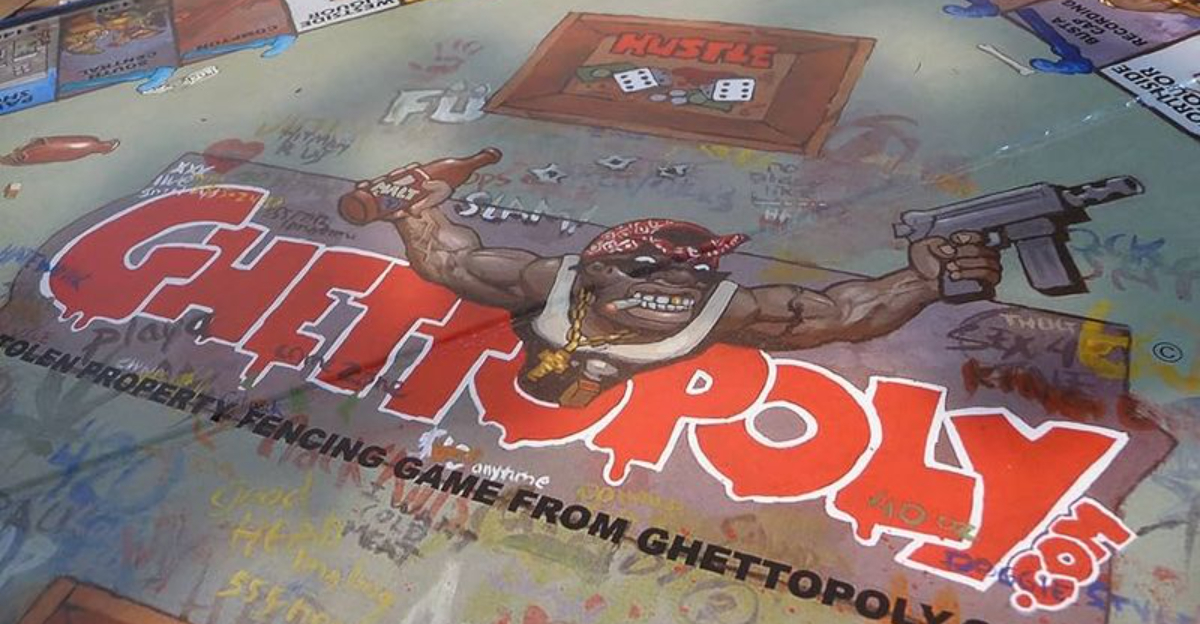
Growing up, family game night was a sacred tradition in my household. Little did I know that many of those innocent-looking boxes housed some seriously twisted gameplay mechanics.
From encouraging financial ruin to glorifying warfare, these vintage board games contain surprisingly dark undertones that flew right over our heads as kids.
Ready to feel a bit unsettled about your childhood favorites?
1. The Game of the District Messenger Boy (1886)
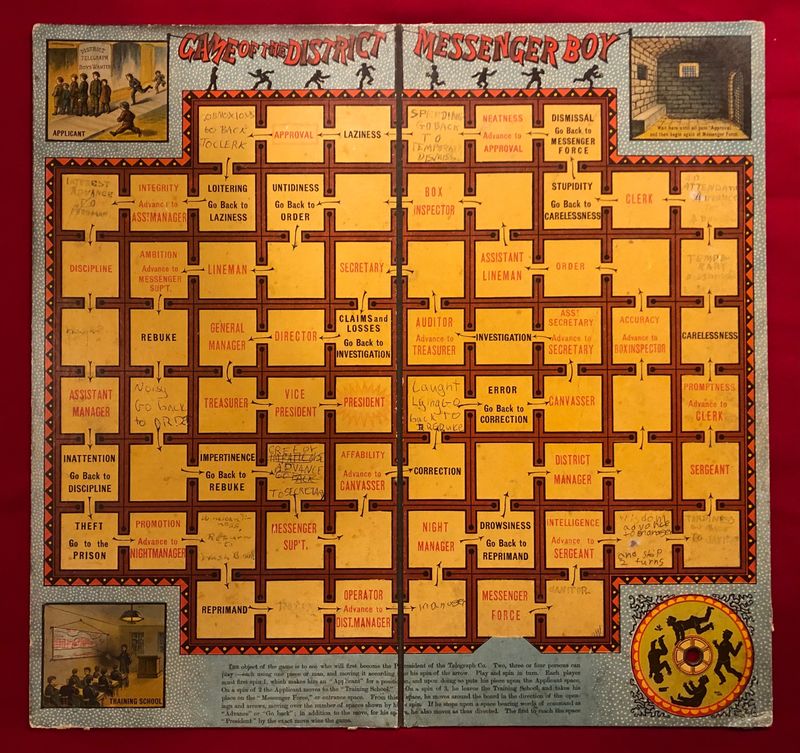
Yikes! This McLoughlin Brothers game masqueraded as wholesome entertainment while peddling a disturbing message. Players started as lowly messenger boys, climbing the corporate ladder through supposed ‘hard work.’
The dark reality? It normalized child labor and glorified an exploitative system where most real messenger boys remained trapped in poverty.
The game’s rags-to-riches fantasy conveniently ignored the brutal working conditions these children actually endured.
2. Public Assistance (1980)
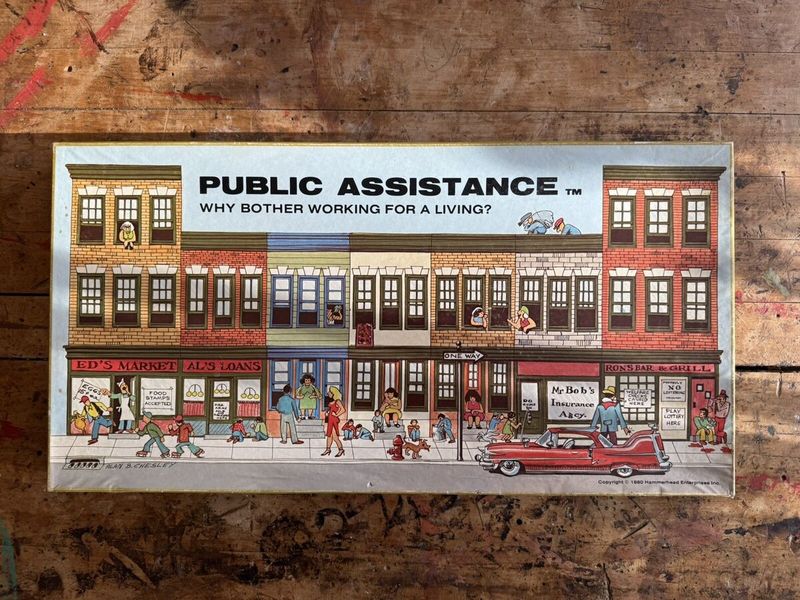
Talk about punching down! This offensive game presented players with two paths: the ‘working person’s rut’ or ‘able-bodied welfare recipient’s promenade.’ Guess which one the creators portrayed as more profitable?
Players on the welfare path could collect benefits through fake disabilities or having more children. The blatant classism and racism embedded in this game make my skin crawl.
It was so controversial that major retailers refused to stock it.
3. Junta (1978)
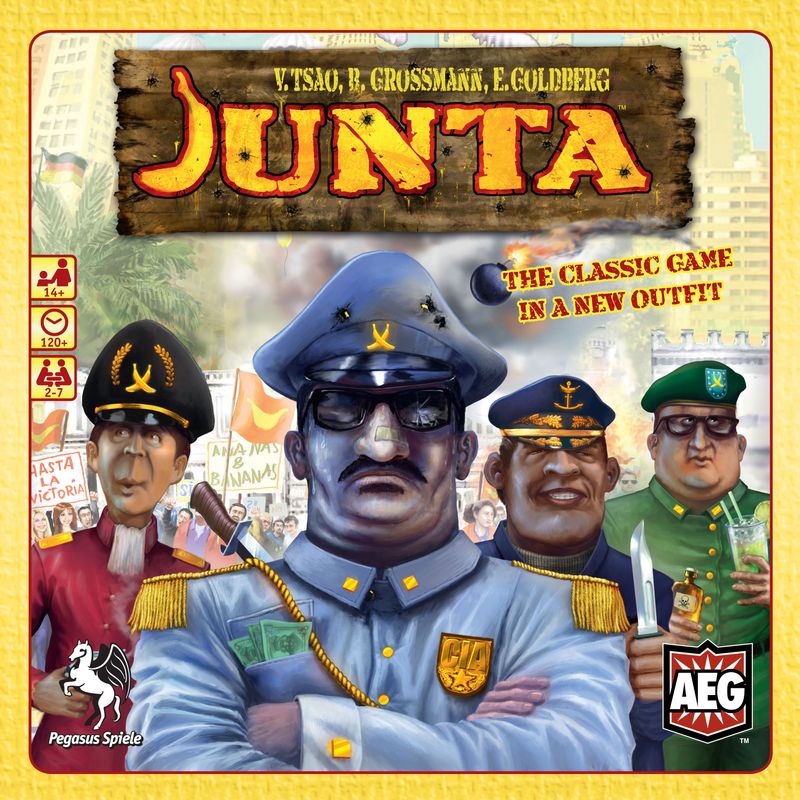
Ever dreamed of being a corrupt dictator? Junta lets you live that fantasy! Set in the fictional ‘Republica de los Bananas,’ players become power-hungry government officials embezzling foreign aid money while plotting coups.
The game includes political assassinations, military takeovers, and brutal suppression of uprisings. What makes it truly disturbing is how it trivializes the very real suffering caused by actual military juntas throughout Latin America. Hilarious fun for the whole family!
4. Capital Punishment (1981)
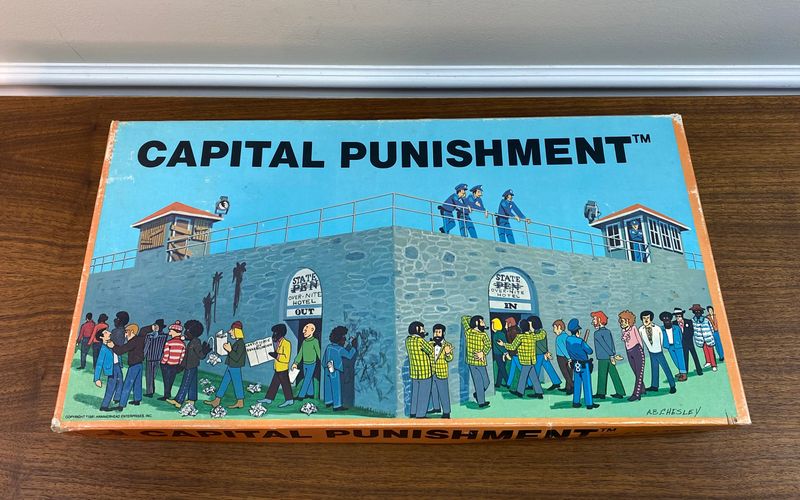
This shocking pastime turned participants into executioners, aiming to perform executions like electrocution or injection cleanly for points. Mishaps, drawn from actual events, cost points for causing suffering.
Marketed as educational, its exploitative take on justice was anything but enlightening.
5. Nuclear War (1965)
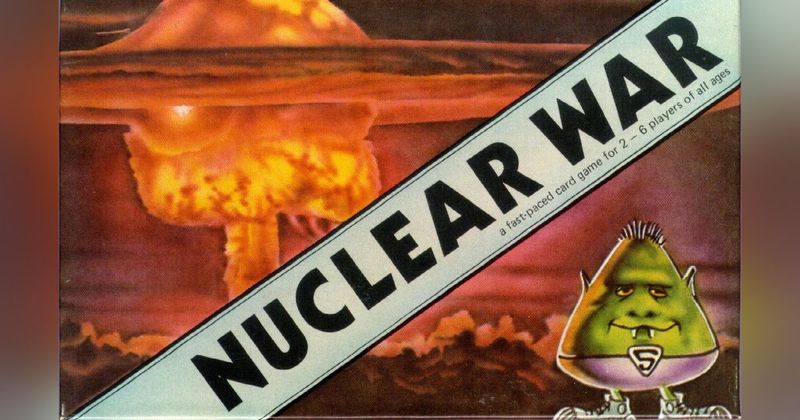
Global destruction as entertainment, this card game mocked Cold War fears. Participants, as world powers, launched nukes, with cards tracking millions harmed.
The last with survivors “won,” though the rules noted no true victory. Its gallows humor, striking at the time, feels grim in hindsight.
6. Ghettopoly (2003)
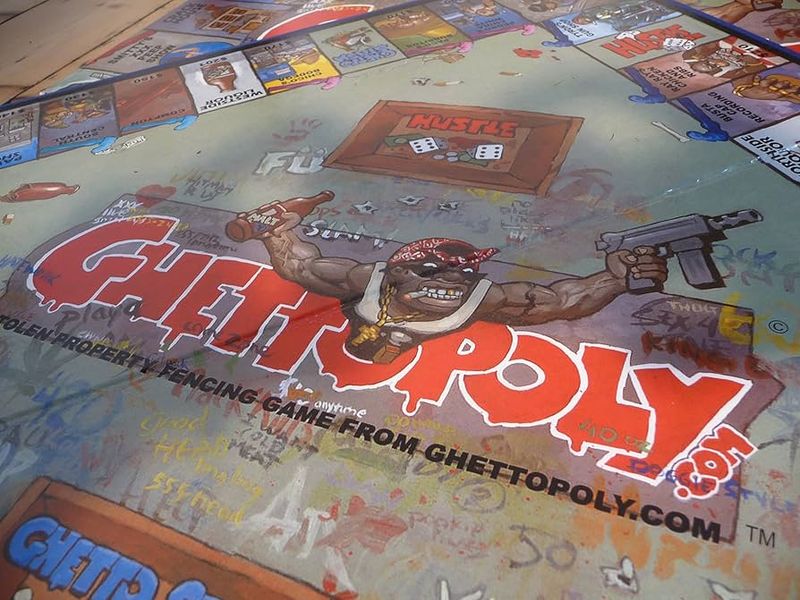
Though newer, this Monopoly parody’s offensive nature warrants inclusion. Swapping hotels for crack houses and featuring pieces like a pimp, it leaned on crude stereotypes.
Community backlash and a Hasbro lawsuit led to its swift removal from stores, exposing its harmful design.
7. Diplomacy (1959)
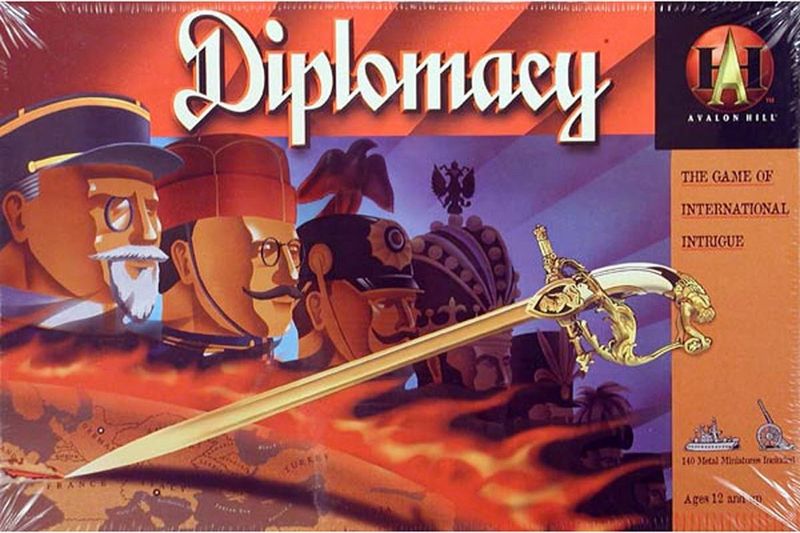
I’ve witnessed friendships crumble over this game! Set in pre-WWI Europe, Diplomacy has no dice or chance elements—just pure psychological warfare between players. The game mechanics explicitly encourage lying, backstabbing, and betrayal.
You must form alliances with other players, then inevitably break those promises to win. What’s disturbing is how it reveals people’s willingness to deceive their closest friends. The game’s unofficial motto: ‘Ruining friendships since 1959.’
8. The Sinking of the Titanic (1975)
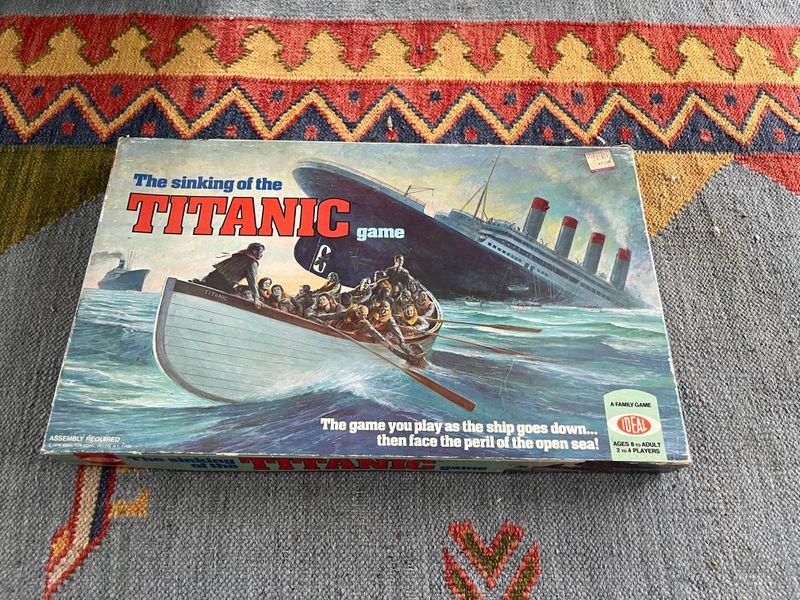
Just 63 years after the tragedy, Ideal’s game had participants rush families to lifeboats as the ship tilted, with pieces sliding into icy waters.
Historical nods, like women and children boarding first, added realism to a tasteless premise that turned a disaster into play.
9. Blacks & Whites (1970)
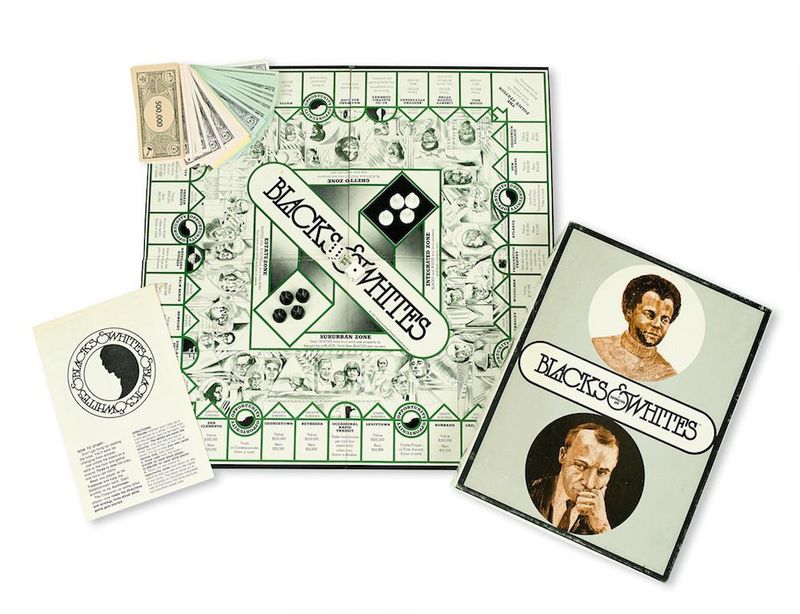
Aimed at exposing housing discrimination, this Civil Rights-era game gave white participants more money and better property access, while Black players faced barriers.
Its intent was noble, but the unbalanced, uncomfortable gameplay often left families unable to finish, highlighting its flaws.
10. Lie, Cheat & Steal: The Game of Political Power (1971)
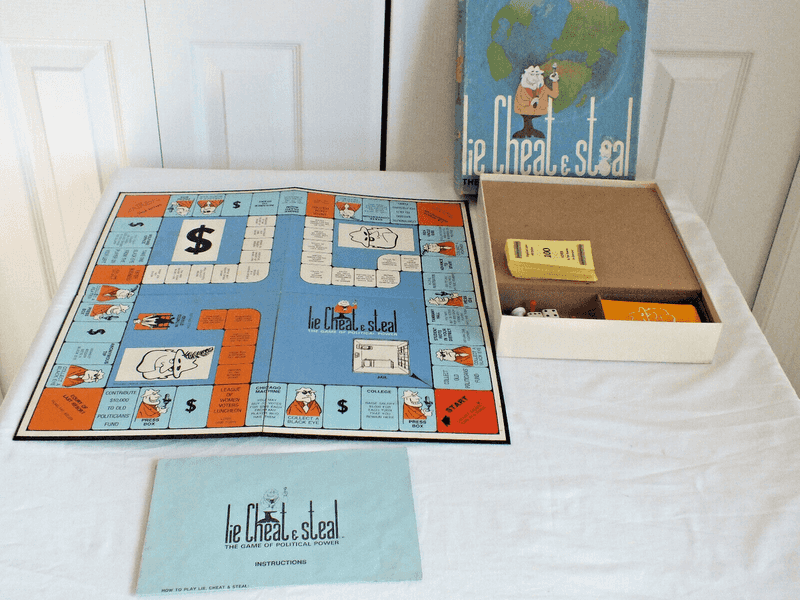
Reflecting Watergate-era distrust, this pastime cast participants as politicians using smear campaigns and voter fraud to gain power.
Cards for rigging elections or blackmail mirrored actual tactics, its tagline, “Just like real life,” landing with eerie accuracy today.
11. Seance (1972)
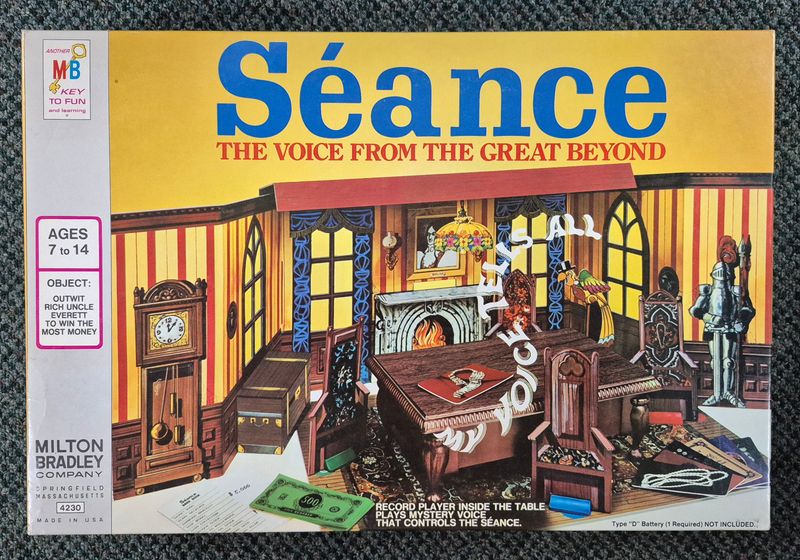
Milton Bradley’s occult-themed pastime raised eyebrows, with participants holding a mock séance to contact “Uncle Everett’s ghost” for inheritance.
Using a glowing Ouija-style board in the dark, it drew criticism for exposing kids to spiritualism, turning serious beliefs into a profit-driven game.
